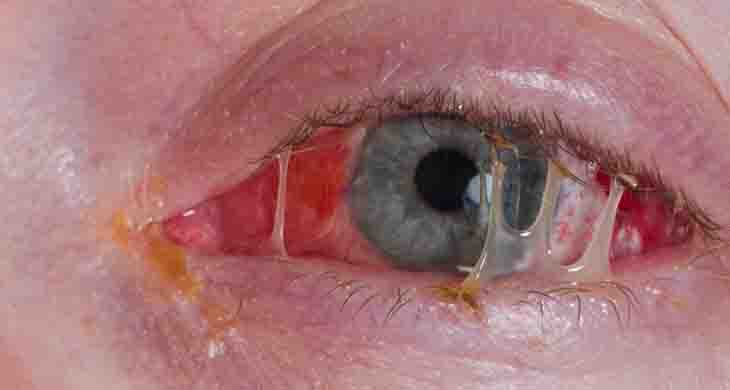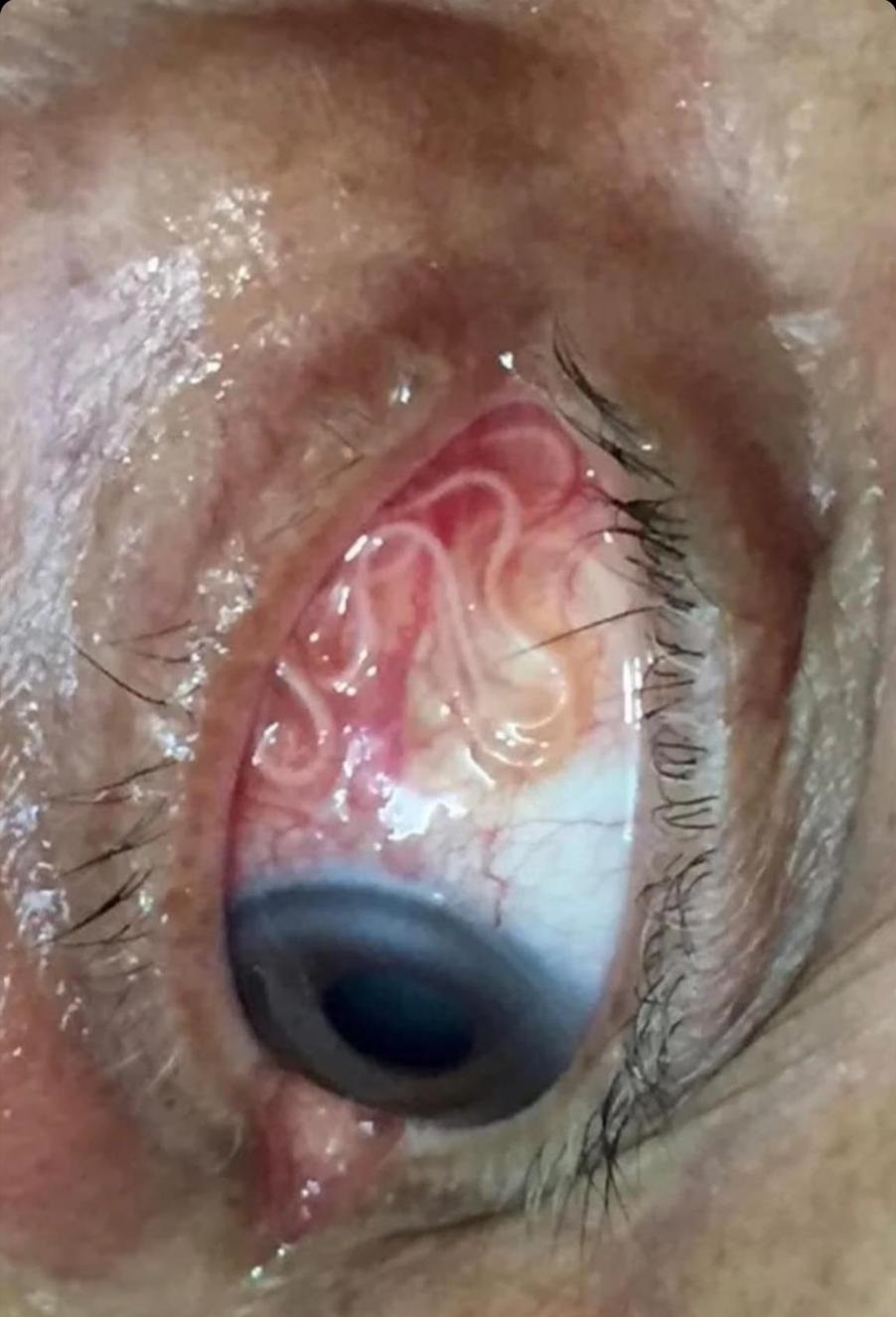How to Avoid an Eye Infection: Eye Health Essentials

Our eyes are valuable organs that allow us to perceive our surroundings. Protecting them from harmful infections is critical to maintaining good eye health and overall well-being.
Bacteria, viruses, allergies, and poor eye care practices are all potential causes of eye infections. In this post, we’ll review some crucial methods for avoiding eye infections and preserving your vision for years.

Regularly wash your hands:
Hand cleanliness is one of the most effective strategies to prevent eye infections. Wash your hands thoroughly with soap and water before touching your eyes or handling contact lenses. This aids in the elimination of potentially pathogenic bacteria and viruses.
Do Not Touch Your Eyes:
Our hands come into contact with many surfaces, which may harbor pathogenic bacteria. Touching or scratching your eyes unnecessarily can bring bacteria and irritants into your eyes, leading to infections or aggravate existing ones.
Proper Contact Lens Care:
Follow stringent cleanliness habits if you wear contact lenses to limit the risk of eye infections. Always clean and disinfect your contact lenses as directed by your eye doctor. Additionally, replace them regularly, and never sleep with your lenses on unless suggested by your eye doctor.
Maintain the cleanliness of your eyewear:
To avoid eye infections, wipe and disinfect your glasses or sunglasses regularly. Dust, debris, and germs can collect on these surfaces and cause discomfort and illnesses when they come into contact with your eyes.
Avoid Sharing Makeup on the Eyes:
Sharing eye makeup with others can spread bacteria and viruses, increasing the risk of an eye infection. Avoid borrowing someone else’s mascara, eyeliner, or eye shadow. To avoid the growth of hazardous bacteria, replace your eye makeup regularly.
Eye Protection in Polluted Environments:
The eyes can be irritated and damaged by air pollution. Wear protective eyewear or goggles if you live in a severely polluted environment or are exposed to irritants such as smoke, dust, or chemicals to protect your eyes from potential harm.
Keep Allergens in Mind:
Pollen and pet dander, for example, can cause eye allergies and infections. If you are prone to allergies, avoid rubbing your eyes and treat symptoms with over-the-counter or prescription antihistamine eye drops.
Keep a Healthy Lifestyle:
Maintaining sound eye health requires a well-balanced diet rich in vitamins and minerals, particularly vitamin A. To help your vision, eat carrots, spinach, citrus fruits, and fish. Staying hydrated is also essential for moisturizing your eyes and lowering your chances of developing dry eye infections.
Regular Eye Exams:
Regular eye exams by an optometrist or ophthalmologist are essential for the early detection and prevention of eye infections and other eye-related problems. These experts can detect potential issues and provide suitable advice to keep your eyes healthy.
Allow Your Eyes to Rest:
Long periods of staring at digital devices can strain your eyes and contribute to eye tiredness. Follow the 20-20-20 rule by looking at anything 20 feet away for 20 seconds every 20 minutes. This simple activity reduces eye strain and the risk of eye infection.
Conclusion:
To protect your eyes from infections, incorporate simple yet effective techniques into your daily routine. You may save your vision by practicing good hygiene, being vigilant with eye care products, and getting regular eye exams.
A healthy lifestyle and thoughtful decisions in polluted areas can also help with long-term eye health. Regarding your eyesight, remember that prevention is always better than cure, so prioritize your eye health and appreciate the world’s beauty with clean and infection-free eyes.




